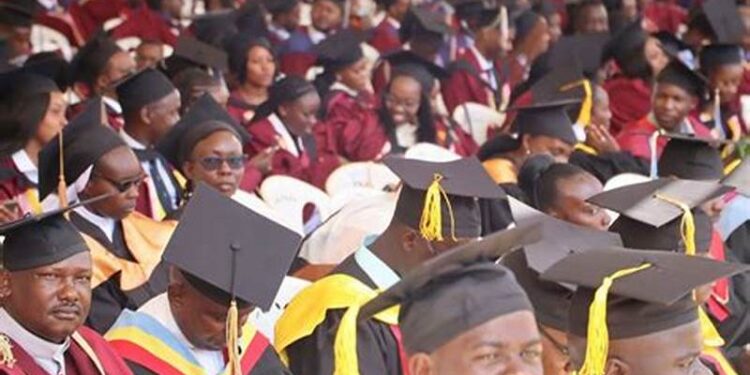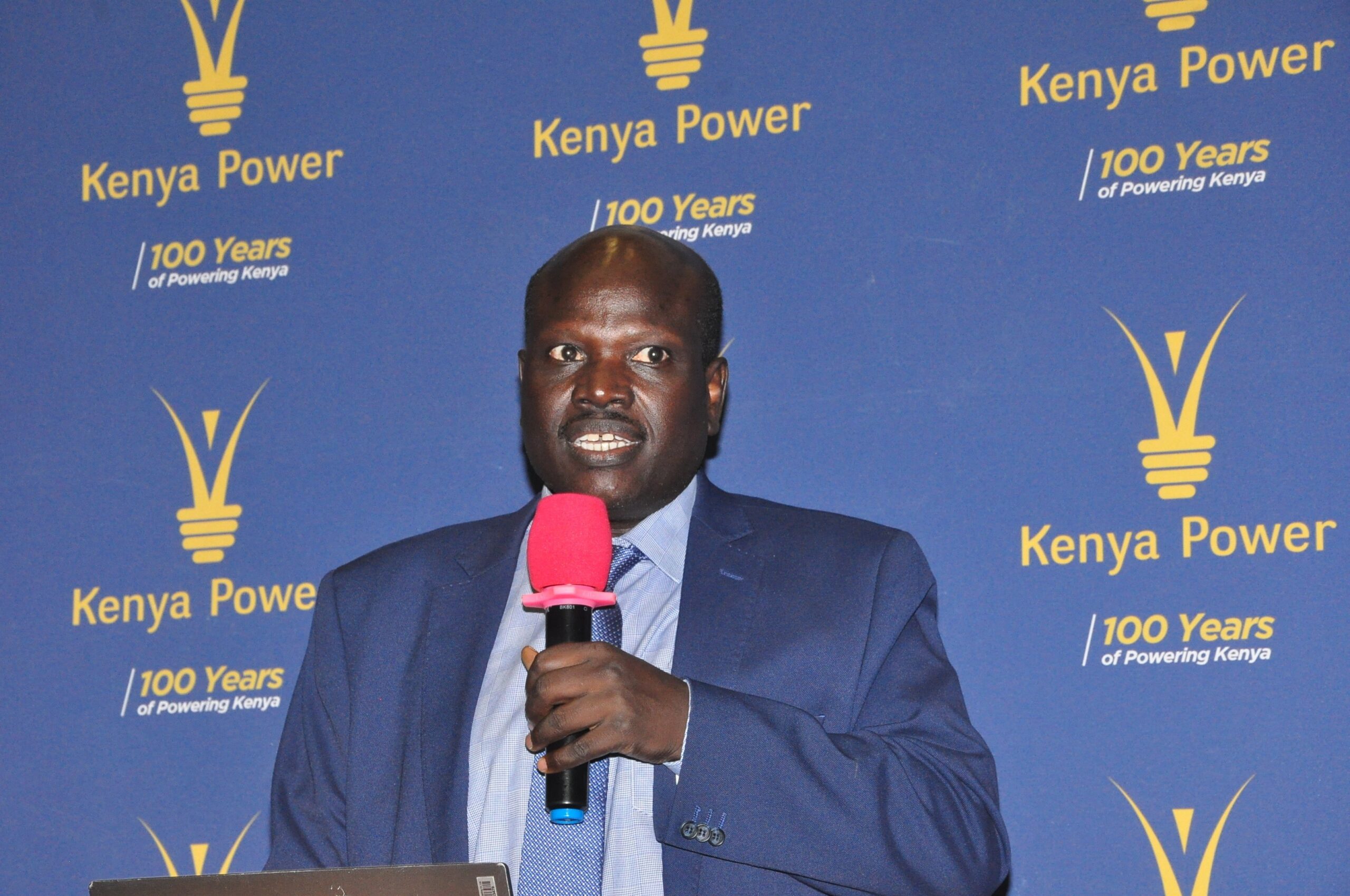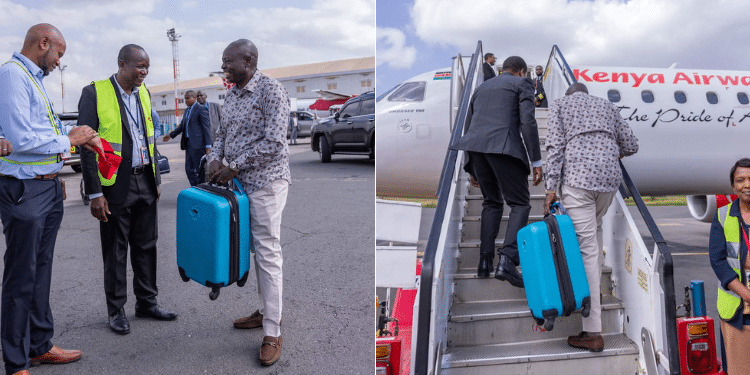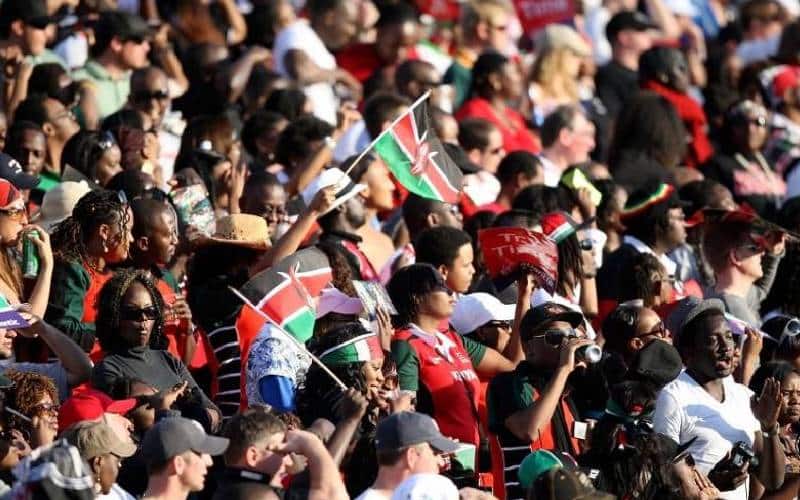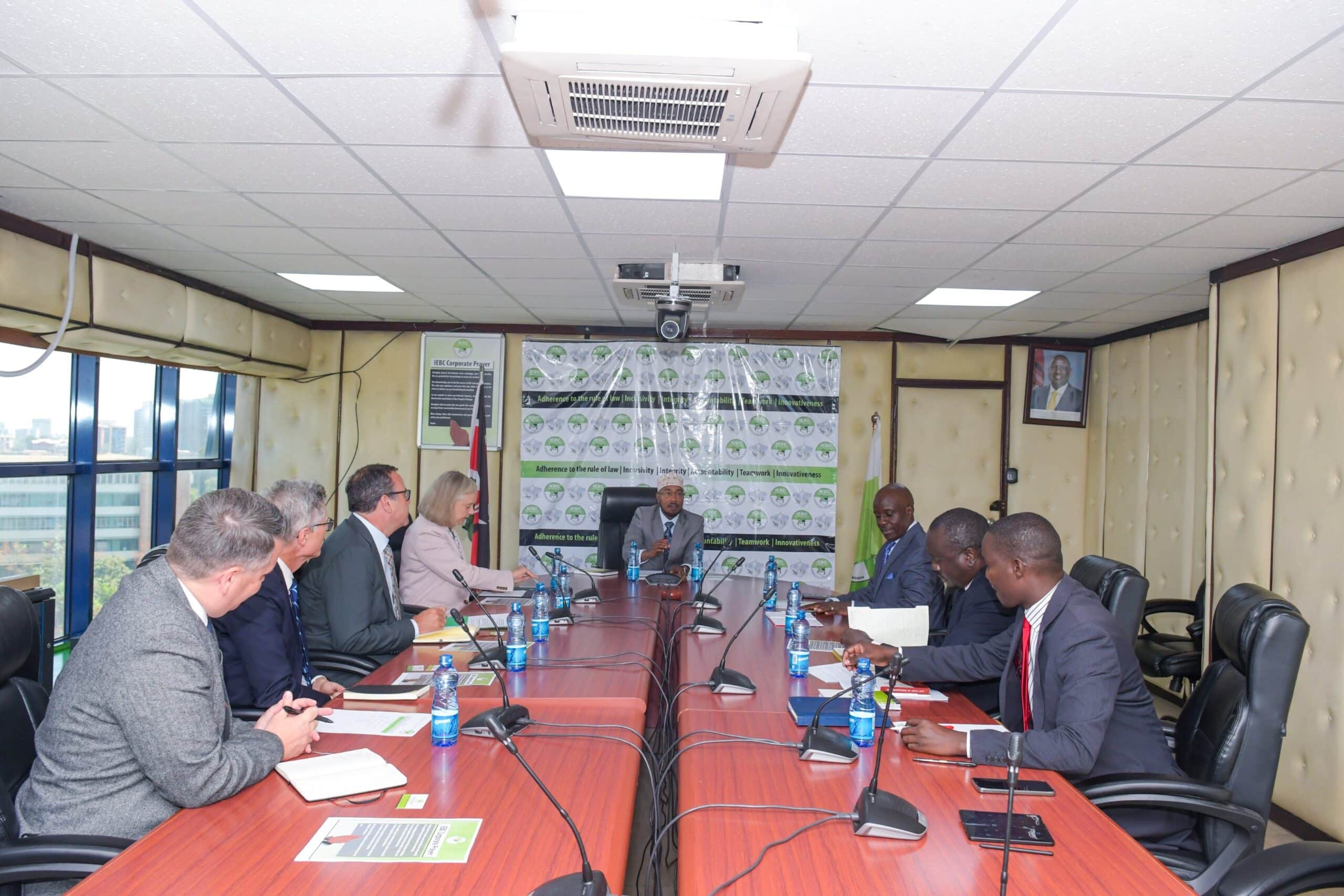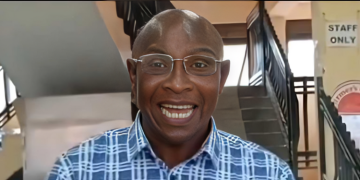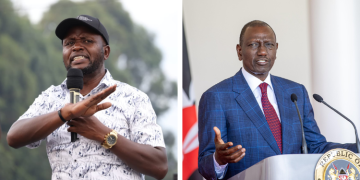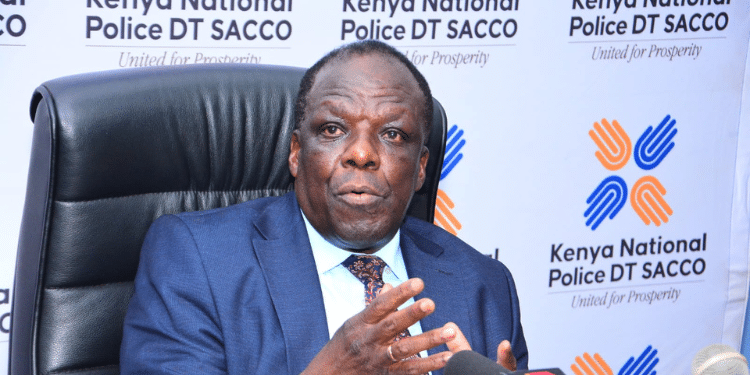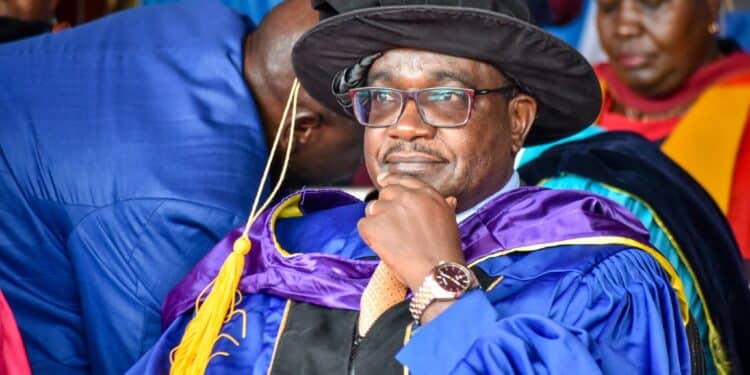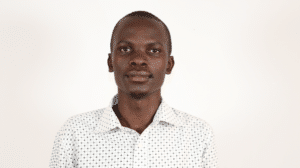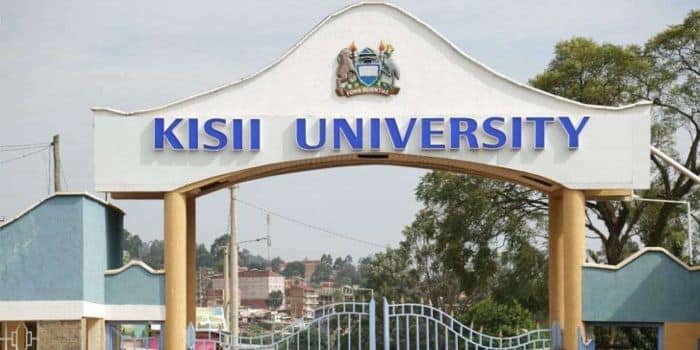Education Cabinet Secretary (CS) Julius Migos Ogamba has announced that the government will ensure university and Technical, Vocational Education and Training Institutions (TVETs) students sit for their end-semester examinations without clearing their fees.
Ogamba met with the National Assembly Committee on Education alongside Principal Secretaries Dr. Belio Kipsang (Basic Education) and Dr. Beatrice Inyangala (Higher Education).
The meeting was to address key issues in the education sector, including the implementation of the new higher education funding model and the readiness for the transition to Grade 9 under the Competency-Based Curriculum (CBC).
During the meeting, the Committee scrutinized the challenges in rolling out the student-centered funding model, which was introduced to ensure equitable access to higher education.

Tinderet MP and Committee Chair Julius Melly highlighted the plight of students being barred from exams due to unpaid household contributions.
Melly pressed the CS for an urgent directive to universities, stating, “Students are being told they will not sit for exams without paying the household allowance. We need clarity on this.”
In response, Ogamba assured the Committee that students who have not yet paid will still be allowed to take their exams, emphasizing that the government does not want any student to miss out due to financial difficulties.
“As of now, 75,000 (60%) of students have paid their household contribution fees, but we will ensure that those who haven’t paid are allowed to sit their exams,” CS Ogamba said.
Means Testing Instrument
Additionally, the legislators questioned the reliability of the Means Testing Instrument (MTI), which is used to categorize students into five household income groups to determine funding levels.
CS Ogamba acknowledged that the MTI faced challenges, but he reassured MPs that the ministry was actively working to improve the process.
“We are very concerned about the MTI, and we are making every effort to eliminate errors and ensure fairness,” he stated.
According to the Ministry, 138,535 students were placed in public universities for the 2023/2024 academic year, and 121,728 students have applied for government funding; 16,807 have not.
Also Read: What New University Funding Model is Offering & Challenges Demanding Swift Response
Appeal Deadline for University Students
Siaya Women Representative Dr. Christine Oduor raised questions about the appeals process for students in the wrong financial bands, asking whether second-year students whose circumstances have changed can apply for reclassification.
The CS confirmed that the appeals window remains open until December 2024 and that decisions will be made on a rolling basis.
“Students whose situations have changed will not be disadvantaged. The process is designed to accommodate such changes,” he said.
Also Read: MPs Propose New Funding Model for Universities & TVETs
Review Committee
President William Ruto appointed a committee to review the new university funding model. The committee comprises four workstreams or sub-committees that will review the structure of student loans, among other responsibilities.
The first Workstream will review and refine the new funding model for universities and TVETs.
Further, the second one will address appeals related to the categorization of students into various eligibility bands for scholarships and loans.
The third Workstream will focus on structuring student loans, while the fourth will examine the cost of university academic programs.
Follow our WhatsApp Channel for real-time news updates:
https://whatsapp.com/channel/0029VaB3k54HltYFiQ1f2i2C
